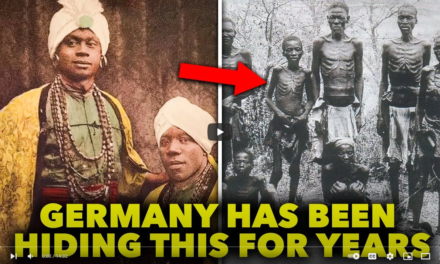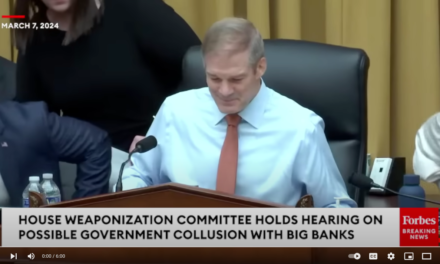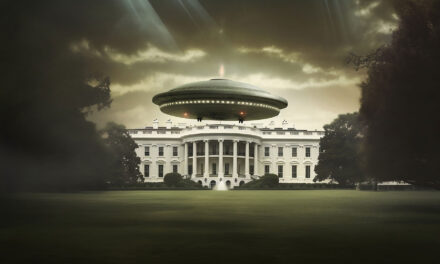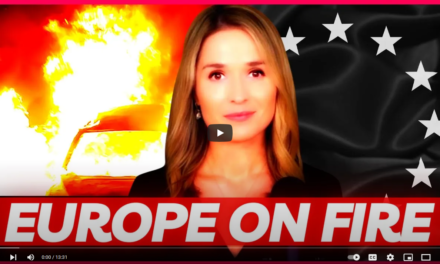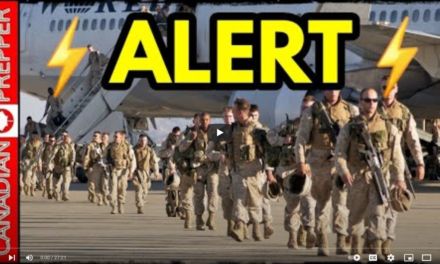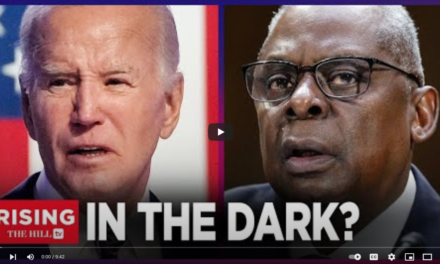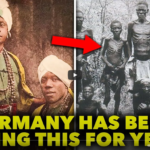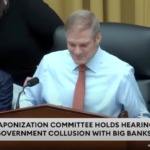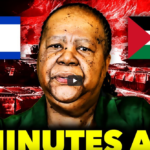Hezbollah’s Role in the Israel-Hamas Conflict: Unpredictable and Complex
Hezbollah, the Lebanese militant group with close ties to Iran, has a long and turbulent history of conflicts with Israel. As the Israel-Hamas war rages on, Hezbollah’s involvement and intentions have raised significant concerns and questions. In a recent speech, Hassan Nasrallah, Hezbollah’s leader, offered insights into the group’s stance and its relationship with Hamas. This post delves into the complex dynamics surrounding Hezbollah’s role in the ongoing conflict.
Hezbollah’s Militant Might:
Hezbollah is not a force to be taken lightly. With a staggering number of over 100,000 battle-hardened fighters and an impressive arsenal of more than 12,000 missiles, they are a formidable presence in the Middle East. The group’s military capabilities also potentially include air defense systems, and there have been suggestions that they might receive assistance from Russia’s Wagner group. All of this underscores their significance in the ongoing conflict.
Hezbollah’s Involvement in the Israel-Hamas War:
Throughout the Israel-Hamas war, Hezbollah has made its presence known. The group has claimed responsibility for several attacks on Israel, including rocket strikes, precision missile launches, and artillery shelling. These actions have not been without consequences, with around 66 Hezbollah fighters reportedly losing their lives in the conflict.
Nasrallah’s Speech:
Hassan Nasrallah, Hezbollah’s influential leader, recently broke his silence on the conflict with Israel. In a surprising twist, he praised Hamas for its attacks on Israel and made a noteworthy claim that Hezbollah had not been privy to these attacks in advance. This statement could be seen as a subtle attempt to distance Hezbollah from some of the ongoing violence.
Nasrallah did not explicitly state that Hezbollah would engage in a full-scale war, but he left no room for ambiguity when he warned that “all options are on the table.” He emphasized that Israel’s actions in Gaza and the region as a whole would determine the group’s next steps.
The US Assessment:
The United States has assessed the situation and stated that Hezbollah is unlikely to enter the Israel-Hamas war. However, it’s essential to approach this assessment with caution. Hezbollah’s history is marked by unpredictability, and its deep-rooted ties to Iran complicate the situation further. It remains to be seen whether they will risk another conflict with Israel.
Historical Background:
Hezbollah’s history of conflict with Israel dates back to its founding in 1982. While they initially joined the Lebanese Civil War during the Israeli invasion of Lebanon, Hezbollah did not disarm like many other militias after the war. This refusal to give up their weapons led to a series of conflicts with Israel, including the infamous “Gorilla” attack in 2000. In 2006, Hezbollah launched attacks on Israel, resulting in a full-scale war that lasted over 30 days, causing substantial casualties and damages.
The Dilemma of Hezbollah’s Next Move:
The ongoing conflict raises a critical question: will Hezbollah risk another war with Israel? Several factors come into play, including the economic situation in Lebanon, the presence of US aircraft carriers off the coast, and the potential high cost of such a conflict. On the flip side, Hezbollah possesses the military firepower and the potential for external support, making its intentions unpredictable.
Furthermore, the political landscape in Lebanon plays a pivotal role. Hezbollah holds a significant position in Lebanese politics, and Iran’s influence adds further complexity to the group’s decision-making process.
Conclusion:
Hezbollah’s role in the Israel-Hamas conflict is a multifaceted and intricate matter. While its leader, Hassan Nasrallah, has left the door open to various possibilities, the group’s actions and decisions remain shrouded in uncertainty. As the conflict unfolds, the world watches closely, aware of the potential impact that Hezbollah’s involvement could have on an already volatile region. The situation is a stark reminder of the intricate and ever-evolving geopolitical complexities of the Middle East.


